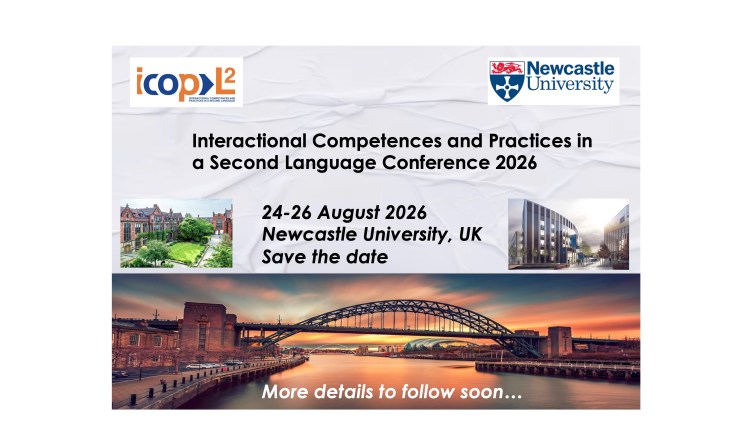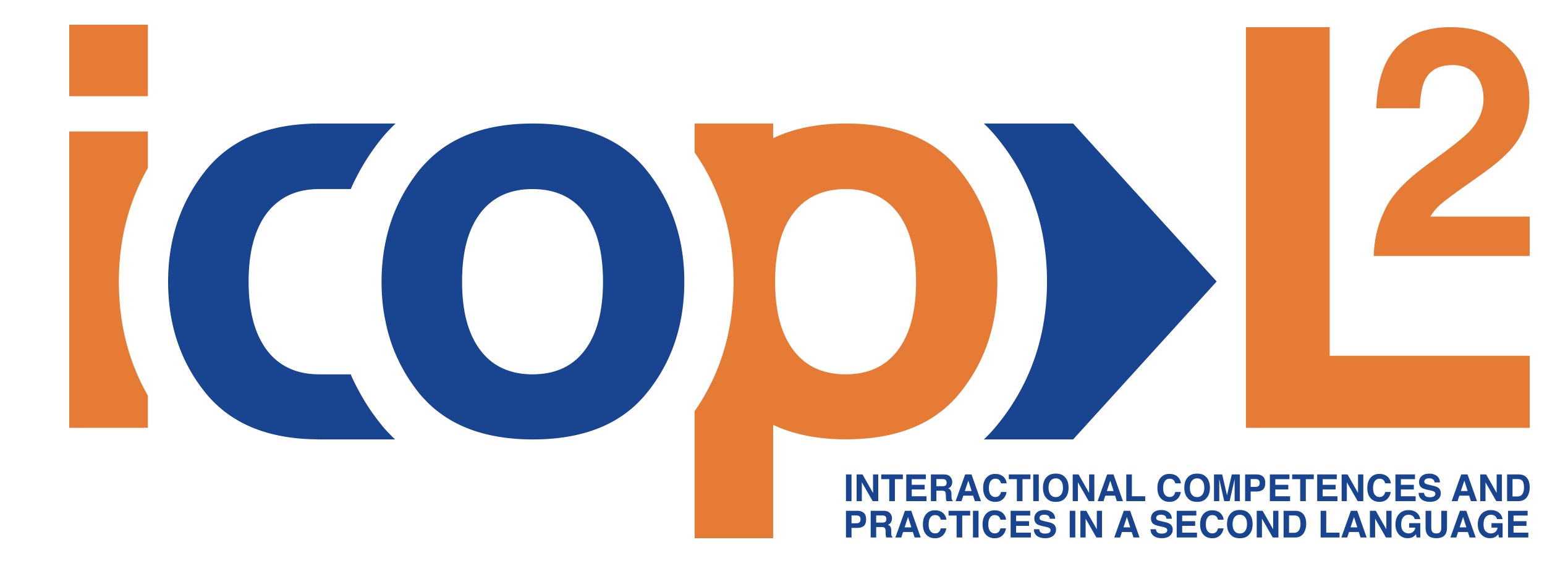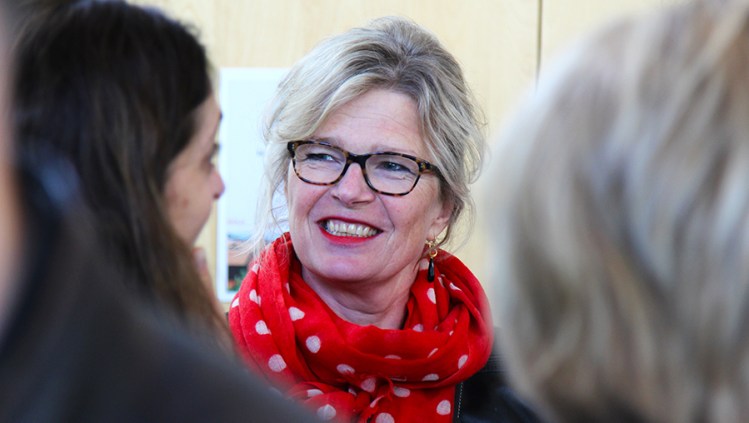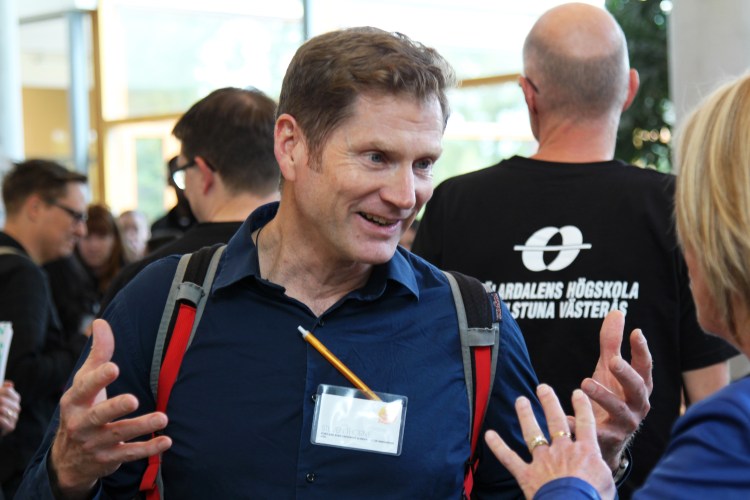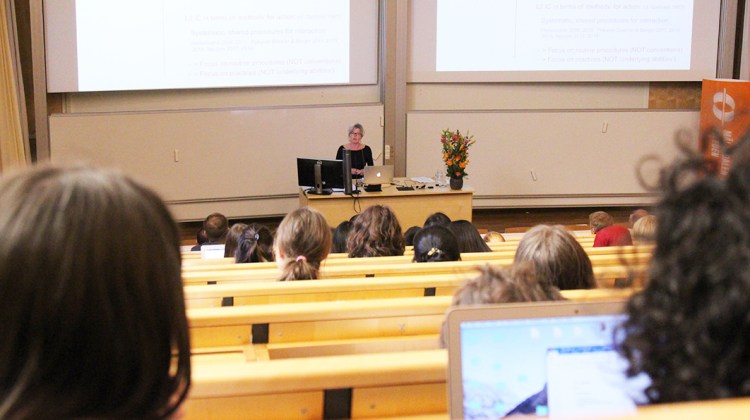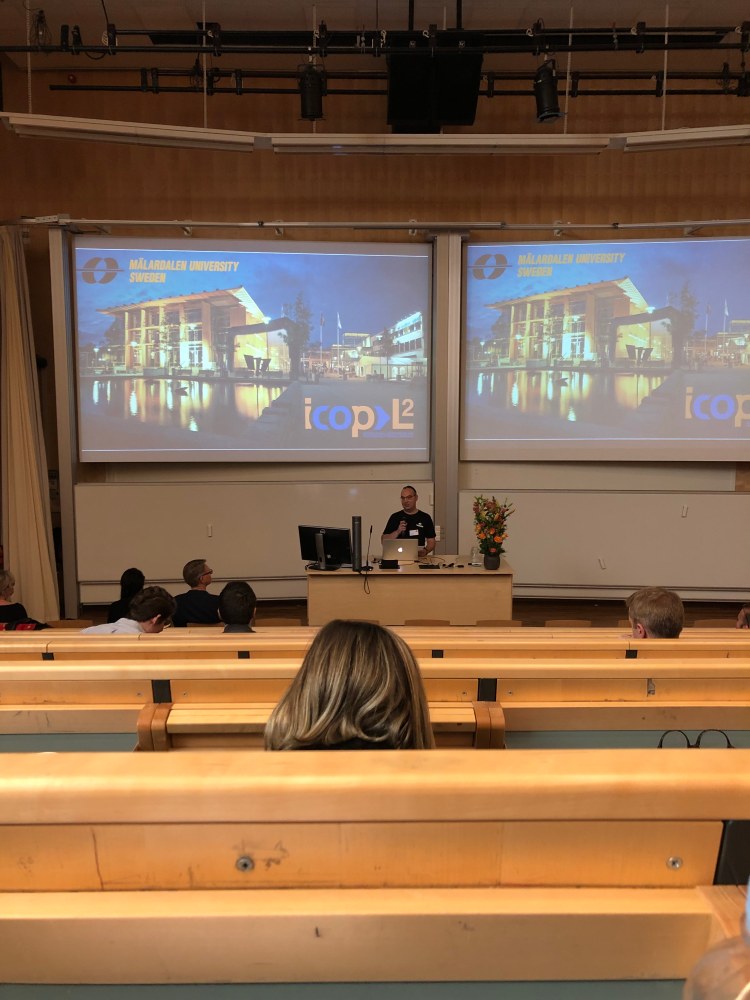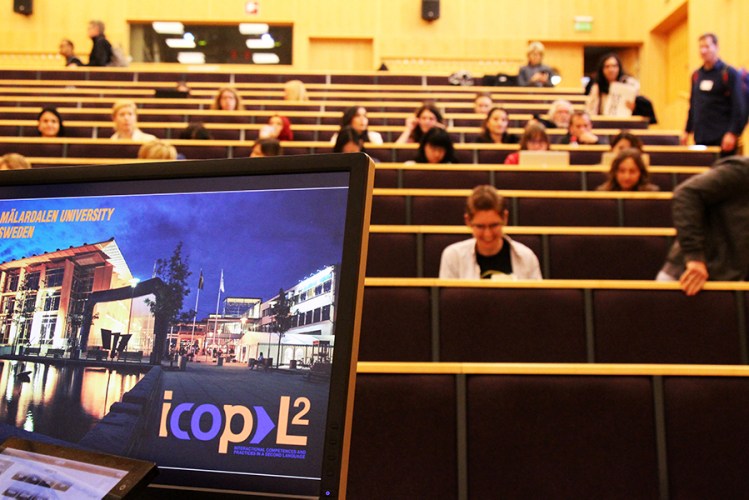
‘Interactional Competences and Practices in a Second Language’ (ICOP-L2) conferences bring together researchers sharing a socially situated view of language use and development who investigate how people engage in second language interaction. Drawing on the principles of ethnomethodology, conversation analysis, membership categorization analysis, usage-based linguistics and related approaches, they investigate how users of L2s engage in sense-making practices, and how they learn and teach in interaction: What are the basic ingredients of L2 interactional competence? How does such competence vary across situations and over time? How do L2 speakers use the linguistic resources at their disposal to accomplish social actions in coordination with others? How do linguistic and other resources (such as gaze, gesture, posture, and the material world) work together in L2 talk? How does social interaction structure learning processes and learning products? How can L2 interactional competence and learning through interaction be addressed in educational contexts as well as in ‘the wild’?
The first conference entitled ICOP-L2: Interactional Competences and Practices in a Second Language was held in 2017 at the University of Neuchâtel, Switzerland, co-chaired by Evelyne Berger and Simona Pekarek Doehler. To the best of our knowledge, it was the first international conference dedicated to the study of how second language speakers engage in social interaction, what their interactional competence consists of and how it develops over time. The conference took place exactly 20 years after Firth and Wagner’s 1997 seminal call for more socially oriented SLA research, and some two decades after Hall’s and Young’s first conceptualizations of L2 interactional competence. While the conference was initially designed as a one-time event, its relative success (some 100 participants from 17 countries) inspired others to re-launch ICOP-L2 two years later. The 2019 conference took place in Västerås, Sweden, co-chaired by Olcay Sert and Thorsten Schröter, and brought together 113 participants from 21 countries. The 2022 conference was organized by Melinda Dooly, Dolors Masats, and Olcay at the Universitat Autònoma de Barcelona.
The interest these three conferences raised in the scientific community, as well as the massive rise across the two past decades of research on L2 interaction and L2 interactional competence, testify to the relevancy of establishing ICOP as a regular event.
In light of the above developments, it is time to reconsider the organizational configuration behind the conferences and the rationale for each of the instantiations so as to warrant durability and coherence over time. For that purpose, an ICOP-L2 Executive Committee was established and continues to expand to the day.
The latest conference was organized by Søren Eskildsen at the University of Southern Denmark in Kolding, Denmark on 3-7 June, 2024. It was a back-to-back conference with the Thinking, Doing, Learning conference series.
The next conference will be hosted by Christopher Leyland in Newcastle University, UK. Mark your calendars for 24-26 August, 2026. Follow updates for further details and stay tuned for another exciting ICOP-L2 experience.
